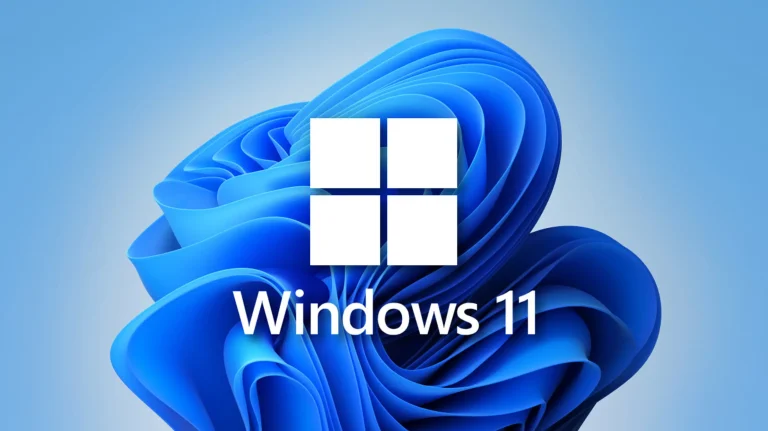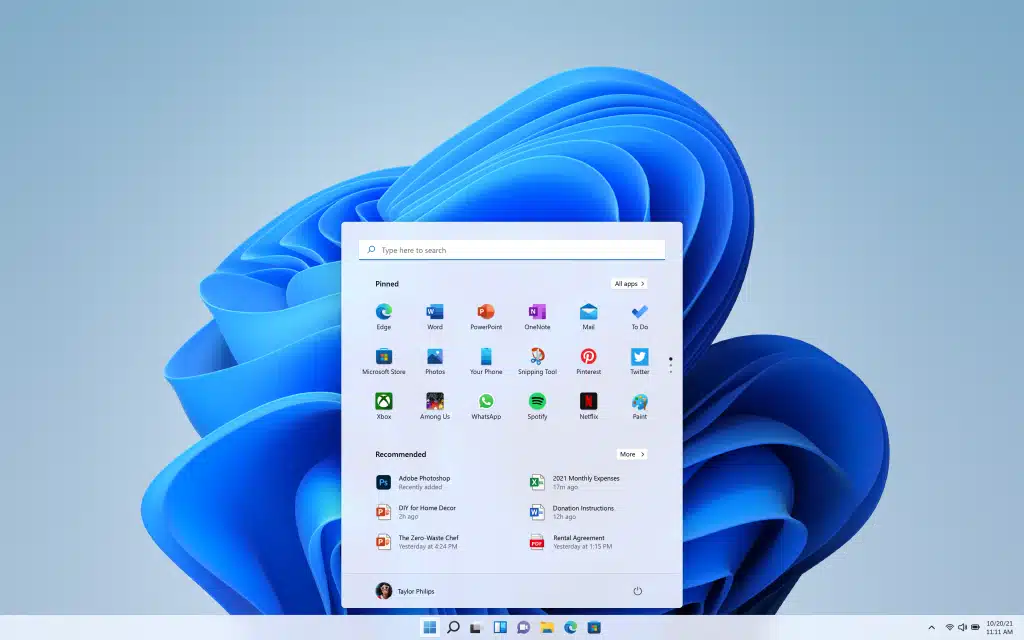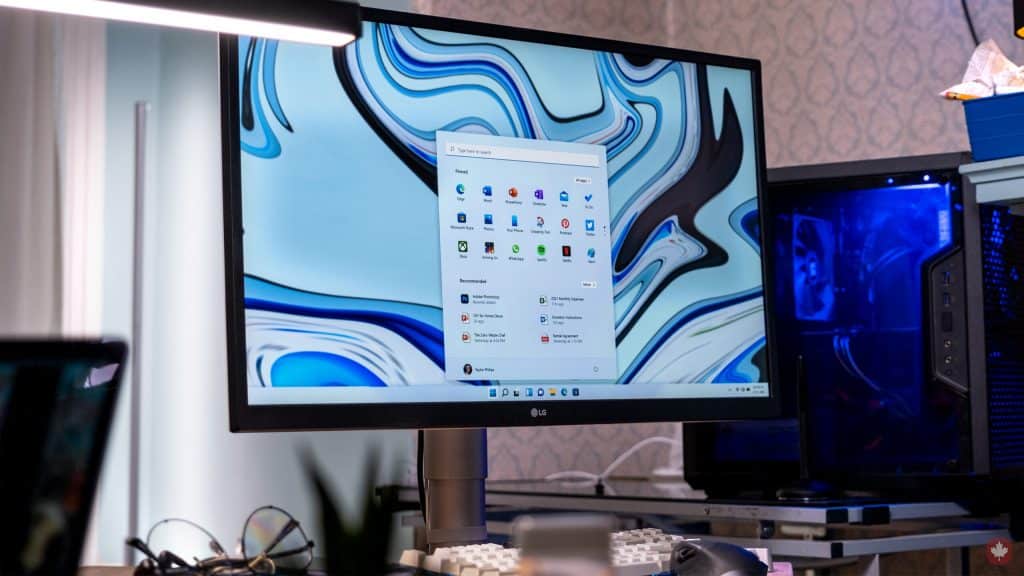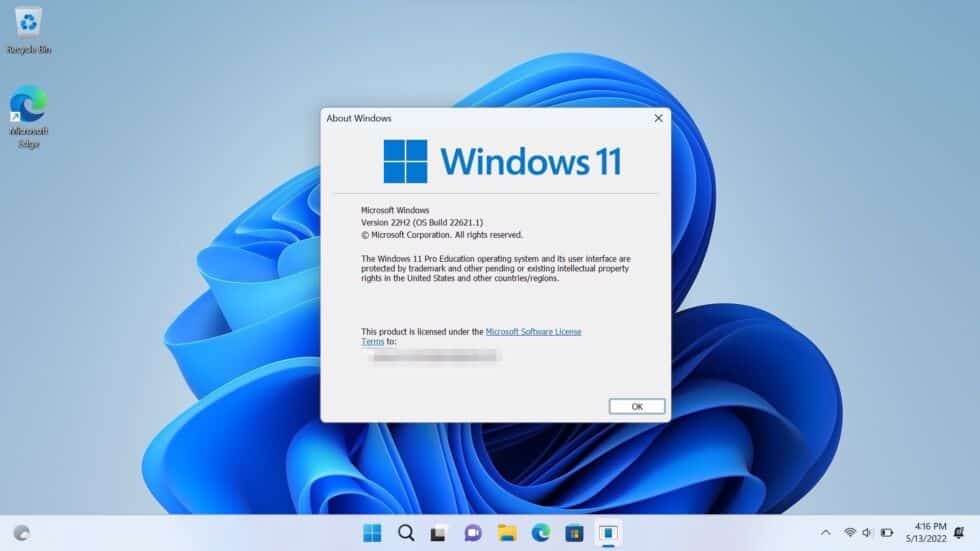Thus far, Microsoft hasn’t recommended that users “update” to Windows 11 on their computers. However, that is expected to shift in the near future. “Broad deployment” has now been proclaimed by the tech giant some eight months after its October 2021 debut. Individuals who haven’t yet gotten an update notification will now get them. Of course, if you decide to upgrade, the process is completely devoid of charge. To update from edition 2004 of Windows 10, you’ll require an older version of the OS.
Not Recommended for Systems Older Than 5
Updates to the Microsoft Dashboard have just been made public to reflect the new state of the Software. Microsoft’s “phased deployment” of Windows 11 seems to have reached its climax here. It started by only selling it on “qualifying” Windows 10 systems as well as exclusively on fresh Desktops. A lot of people had a problem with those qualifying conditions. It also necessitates a Trustworthy Platform Module 2.0 (TPM 2.0) from either Intel or AMD (TPM). For safety capabilities such as Windows Hello and Bitlocker disc protection, Windows 11 employs the TPM module.
Additionally, you’ll require a chipset that supports UEFI BIOS functionality. For the most part, Windows 11 wasn’t available on PCs older than five years. This might affect those who established systems three to four years ago, too.
That’ll be great for many folks, I’m sure. Except for the security issues, Windows 10 was generally well-received, but Windows 11 has been greeted with a muted response. In the early 1990s, the tech giant began a trend of releasing products that were either “excellent” or “blah.” Windows 98 –> Windows Me, Windows XP –> Windows Vista, Windows 7 –> Windows 8, and Windows 10 –> Windows 11 are all examples of decent operating systems. Now, you may notice a trend. Windows 11’s “new, clean, and attractive interface” has been termed as such by Microsoft, however not everybody agrees with the company. However, not all of Microsoft’s adjustments have been positively received.
Have You Read: How To Measure Audio Performance Of Electro-Acoustic Devices
We won’t go through the changes Microsoft introduced to the Start Menu as well as the Task manager one more time. It’s safe to argue that Microsoft’s operating systems no longer provide nearly as many options for personalization and modification as they once did. It’s possible that many of such features will be resurrected. Tabbed windows have been proposed for Explorer, Widgets have been brought back, and changing your preferred web browser has been made simpler. After a reaction on the Internet, Microsoft finally made the adjustment after making it extremely onerous to do so. It’s still possible that Microsoft is paying attention to much of the inputs that it’s receiving.
If people choose to go with an update, keep an eye on things throughout your honeymoon. There’s a 10-day timeframe in which users may revert to Windows 10 if they don’t enjoy the “new and attractive” interface. Last year, I switched to Windows 10 and haven’t seen any significant differences. I just lost the ability to move icons onto the taskbar, which was the only real consequence of my actions.
In addition, I miss having the option of right-clicking the taskbar to access the Task Manager, but it’s just a right-click away from the Start button. However, there are still a few minor issues that I’d want to raise. Users using Alder Lake chips will be pleased to know that Thread Director is available. Nevertheless, you’ll have to do your personal research to see how much of a difference it makes in the real world.




